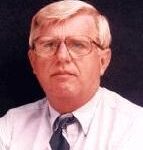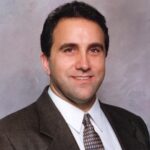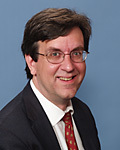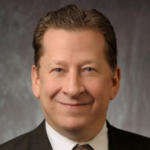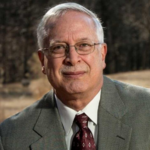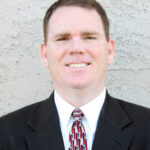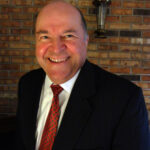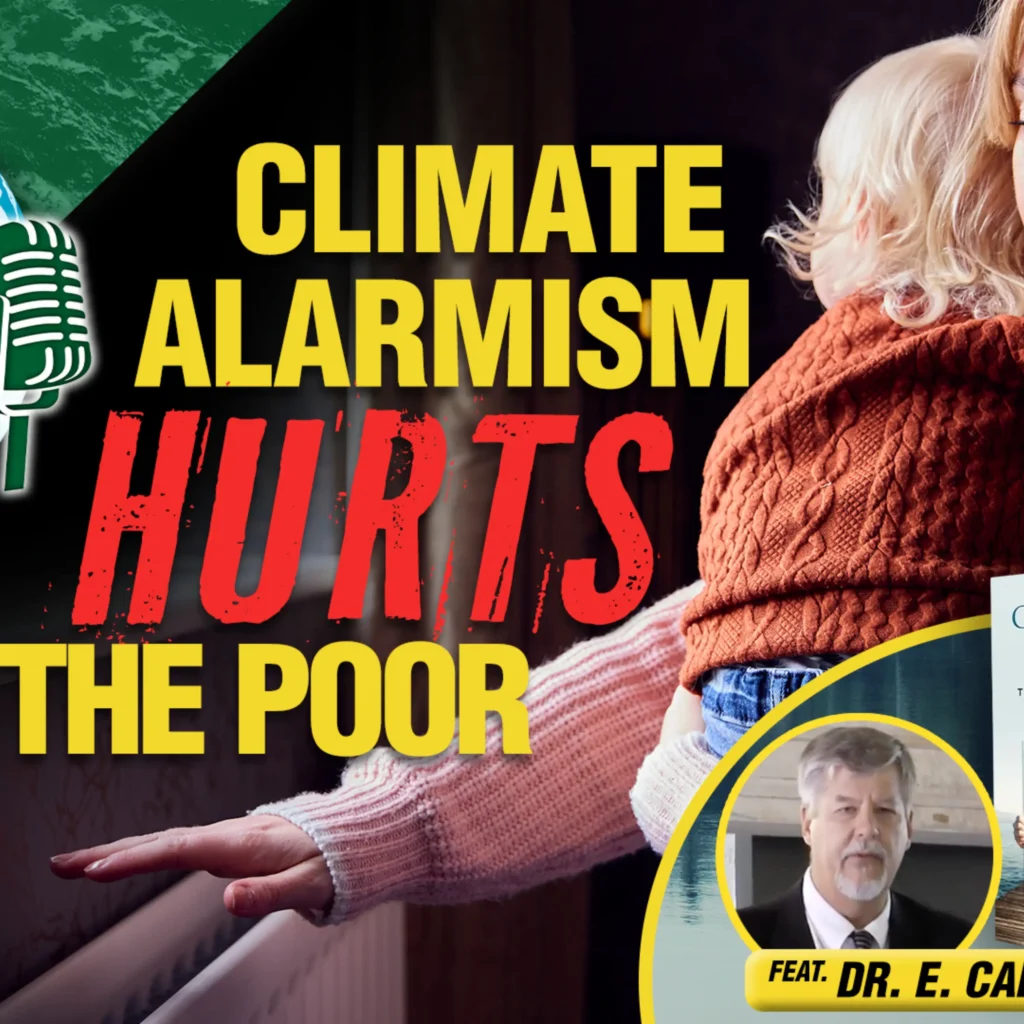Pope Francis today delivered a speech before Congress that touched on many issues, including his concern that modern industrial society is doing irreparable harm to the planet. The pope repeated his “call for a courageous and responsible effort to redirect our steps, and to avert the most serious effects of the environmental deterioration caused by human activity.”
The Heartland Institute in April led a delegation to Rome to inform Pope Francis that the actual data about the climate do not support the position of the United Nations Intergovernmental Panel on Climate Change that human activity is causing a global warming crisis.
The following statements from environment and energy experts at The Heartland Institute – a free-market think tank – may be used for attribution. For more comments, refer to the contact information below. To book a Heartland guest on your program, please contact Director of Communications Jim Lakely at [email protected] and 312/377-4000.
“The pope’s limited comments before Congress concerning climate change continued the same misinformed message as his previous pronouncements on the issue. He has evidently not taken any time since he first began speaking about the moral challenges posed by purported human-caused climate change in December 2014 to examine the copious evidence that warming stalled more than 18 years ago despite a continuing rise in carbon dioxide emissions. He also hasn’t heard the news that the disasters predicted by climate alarmists pushing for more government funding or business subsidies have failed to materialize, and that the policies he embraces will hurt, not help, the poor.
“Contrary to alarmists’ claims concerning the impacts of increased greenhouse gas emissions, hurricanes are not increasing in number or severity, species are not going extinct from warming, sea levels are not rising at an unusual rate, and sea ice at the Arctic has recovered while it continues to set records in Antarctica.
“In the end, to reduce carbon dioxide emissions, as the pontiff and President Obama believe we must do, we must sharply curtail the use of the very fossil fuels that have made modern society possible and helped raise more people out of penury in the past century than in the entire previous history of humankind. Reliance on renewable energy sources, even supplemented with nuclear power, will leave billions living in want and squalor, and reverse much of the progress in food production and improved health.”
H. Sterling Burnett
Research Fellow, Environment & Energy Policy
The Heartland Institute
Managing Editor, Environment & Climate News
[email protected]
312/377-4000
“Pope Francis wants to replace fossil fuel energy sources with solar, wind, biomass (wood), ethanol from corn, other biofuels, etc. as future energy sources. These energy sources are too expensive for developing nations. Solar and wind energy are available for small periods of time and require backup energy sources when unavailable. Present technology has not given us economical and practical energy storage systems. Environmental issues from vast wind and solar farms ruining nature’s beauty, incorporating hazardous materials, and having useful lifetimes of about 25 years are not addressed. “In addition, these energy sources require vast land areas in order to produce significant amounts of energy. This requires destroying millions of square miles of forest land that cleans our air and water, creates oxygen, helps cool the planet, and provides recreation. Forest land is a sink for carbon dioxide; thus renewable energy sources may add to global carbon dioxide.”
James H. Rust
Professor of nuclear engineering (Ret.), Georgia Tech
Policy Advisor
The Heartland Institute
[email protected]
312/377-4000
“I am worried that the Left in this country can spin Pope Francis’s remarks to support their radical environmentalist agenda, which seeks to ‘deindustrialize’ the U.S. economy. But my observation about the pope’s remarks, on their own merits, is that there is no specific policy prescription His Holiness is writing for the United States. His words of advice can be interpreted in good faith in a number of ways by Congress, and by those in the free-market environmental public policy community.”
Gene Koprowski
Director of Marketing
The Heartland Institute
[email protected]
312/377-4000
“Many climate activists were disappointed in the pope’s somewhat subdued climate message to Congress. Absent from the pope’s address to Congress were the words ‘climate’ and ‘carbon.’
“Regardless of his more toned-down climate talk to Congress, let there be no doubt that this pope is now serving as the chief religious lobbyist for man-made global warming and the United Nations. This is a very ill-conceived role for any pope to play. It’s hard to say the pope is being used, because he is willingly allowing himself to be used by the media and by the U.N. as a climate lobbyist.”
Marc Morano
Publisher
Climate Depot
[email protected]
312/377-4000
“Like Pope Francis, I am a chemist and I am a devout Catholic. I share his respect for the environment and acknowledge our obligation to care for what he has accurately described as ‘our common home.’
“But any conversation about caring for the environment must include our obligation to care for those who inhabit it, especially – as the Holy Father correctly points out – the poor and the oppressed. It is clear that intelligent use of technology and the resources God has provided is an essential part of lifting people out of poverty and giving them the strength to throw off the shackles of tyranny.
“Thus, I would encourage my fellow Catholic and chemist to urge his flock to make a distinction between thoughtful and reasonable care of our common home, and the lamentable practice of worshipping that home as a (false) god. The modern-day environmental movement, as directed by the large environmental NGOs in developed countries, too often resembles the latter instead of the former, seducing millions of well-meaning people with the supposed noble opportunity to protect a planet from threats that are all too often non-existent or greatly exaggerated.
“I don’t solely refer to the concept of catastrophic, human-caused global warming when I refer to such threats, although I certainly include it in that class. As the developed portion of the world has gotten cleaner and cleaner, as it demonstrably has over the past four decades, large environmental NGOs have seized upon increasingly insignificant supposed environmental threats of all sorts in order to preserve an atmosphere of fear in those nations rich enough to support the luxury of environmental extremism.
“Our environmental efforts should be directed to helping the Third World, where the clean water the First World enjoys due to the sensible application of technology and chemistry is so often unavailable; where the clean air we breathe thanks to strict environmental standards and massive investment in pollution control is replaced by the foul stench of dried excrement burned for fuel; and where the blessings of modern-day medicine are simply unavailable.
“So, yes, Pope Francis, let us look after our common home, but let us not be so obsessed with finding specks of dust atop every cupboard that we ignore the plight of the less fortunate living within it.”
Richard J. Trzupek
Policy Advisor, Environment
The Heartland Institute
[email protected]
312/377-4000
“While many of the ‘green technologies’ that the pope implicitly endorses have led to crony capitalism run amok and likely done very little to help the environment, the statist regimes of the world have done more than their share of polluting. At the same time, the pope fails to see that capitalism creates its own solutions to environmental problems, excepting the left wing’s manufactured issue of climate change.”
Paul Crovo
Energy Analyst, Policy Advisor
The Heartland Institute
[email protected]
312/377-4000
“The agenda being driven by President Obama, Pope Francis, the United Nations, and Climate Crisis, Inc. means our huddled masses will be forced to share ever-greater scarcity, ever-lower living standards, and ever-fewer jobs and opportunities. Perhaps it will be apportioned ‘fairly and equitably’ – by ruling elites whose desk jobs, six-figure salaries, and upper-crust lifestyles will be protected by the same executive powers they employ to protect the planet from climate raptors and hobgoblins. But it will not be fair to the world’s poor, middle class, and blue-collar workers and families.”
Paul Driessen
Senior Policy Advisor
Committee for a Constructive Tomorrow
Policy Advisor, Energy and Environment Policy
The Heartland Institute
[email protected]
312/377-4000
“Neither the pope’s concerns, nor the Obama administration’s alarms, over potential global warming are based upon the best available science. The biosphere is not spiraling downward toward planetary Armageddon and policies designed to deal with the subject are, quite frankly, nothing more than a recipe for social and economic disorder and disaster.”
Craig D. Idso
Senior Fellow, Environment
The Heartland Institute
Co-editor, Nongovernmental International Panel on Climate Change
www.nipccreport.org
[email protected]
312/377-4000
“The pope freely criticizes western economic systems, which he calls capitalism, a term not commonly used until the mid- to-late 1800s. Karl Marx and Friedrich Engels strongly criticized the ‘capitalistic system’ in Das Kapital (1867). However, western economic systems better can be termed as based on private enterprise, or free enterprise. In the last, the meaning of ‘free’ is free from undue government control. These terms better fit the market economies of the west than capitalism.
“Many of those who strongly oppose Western economic systems focus on the writings of Adam Smith, particularly The Wealth of Nations (1776). They correctly state that this book is largely devoid of human characteristics, especially of compassion. Unfortunately, these critics and too many exuberant followers of Smith ignore his prior work, The Theory of Moral Sentiments (1759), which provides the ethical and philosophical foundations to Smith’s later work. In it, Smith discusses some important human characteristics such as sympathy, propriety, virtues, unsocial passions, etc. Understanding Smith’s economic work requires understanding The Theory of Moral Sentiments.
“The critical issue is who controls the means of production and the decisions of what to produce. Is it a central authority or the multitude of decisions by many people? As seen in many countries, such as the Soviet Union and Argentina during the reign of Peron, central decision making, often favoring a few, can be economically repressive to the many. Conversely, in market economies if private companies make poor decisions on what to produce, they fail. Unfortunately, in his economic pronouncements, the pope fails to make such important distinctions.
“Western market economies have addressed environmental deterioration and greatly improved environmental conditions without centralized decision making. The claim that human carbon dioxide emissions will cause unprecedented and dangerous global warming is not supported by atmospheric temperature measurements, which are the finest, only comprehensive measurements of global temperatures existing. Simply, there is no compelling environmental or human reason to institute centralized economic powers, which have repeated failed in the past.”
Kenneth Haapala
Executive Vice President
Science and Environmental Policy Project (SEPP)
[email protected]
312-377-4000
The Heartland Institute is a 31-year-old national nonprofit organization headquartered in Arlington Heights, Illinois. Its mission is to discover, develop, and promote free-market solutions to social and economic problems. For more information, visit our Web site or call312/377-4000.

